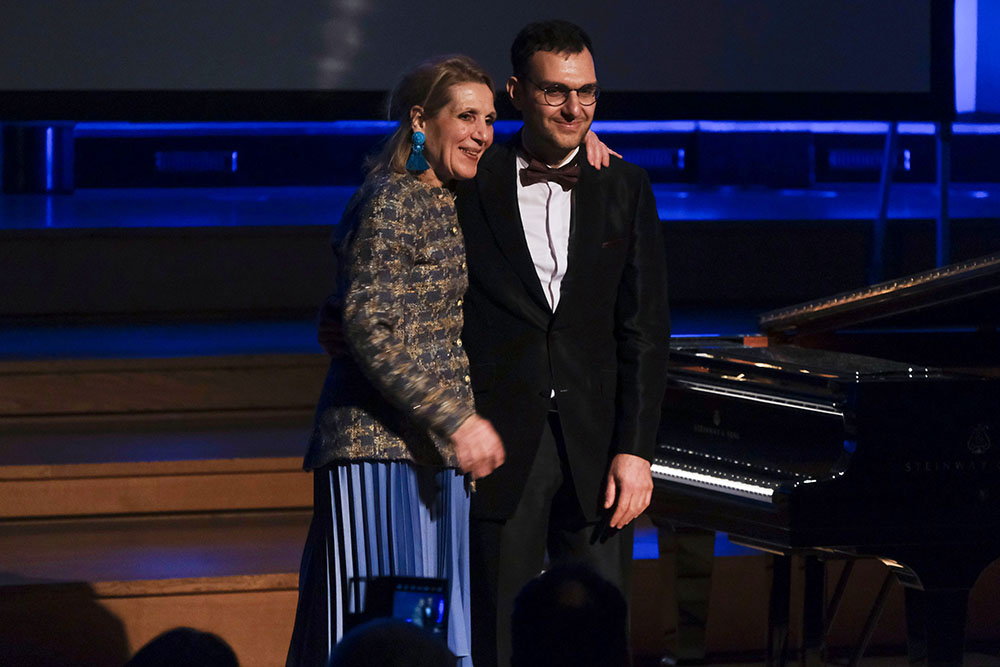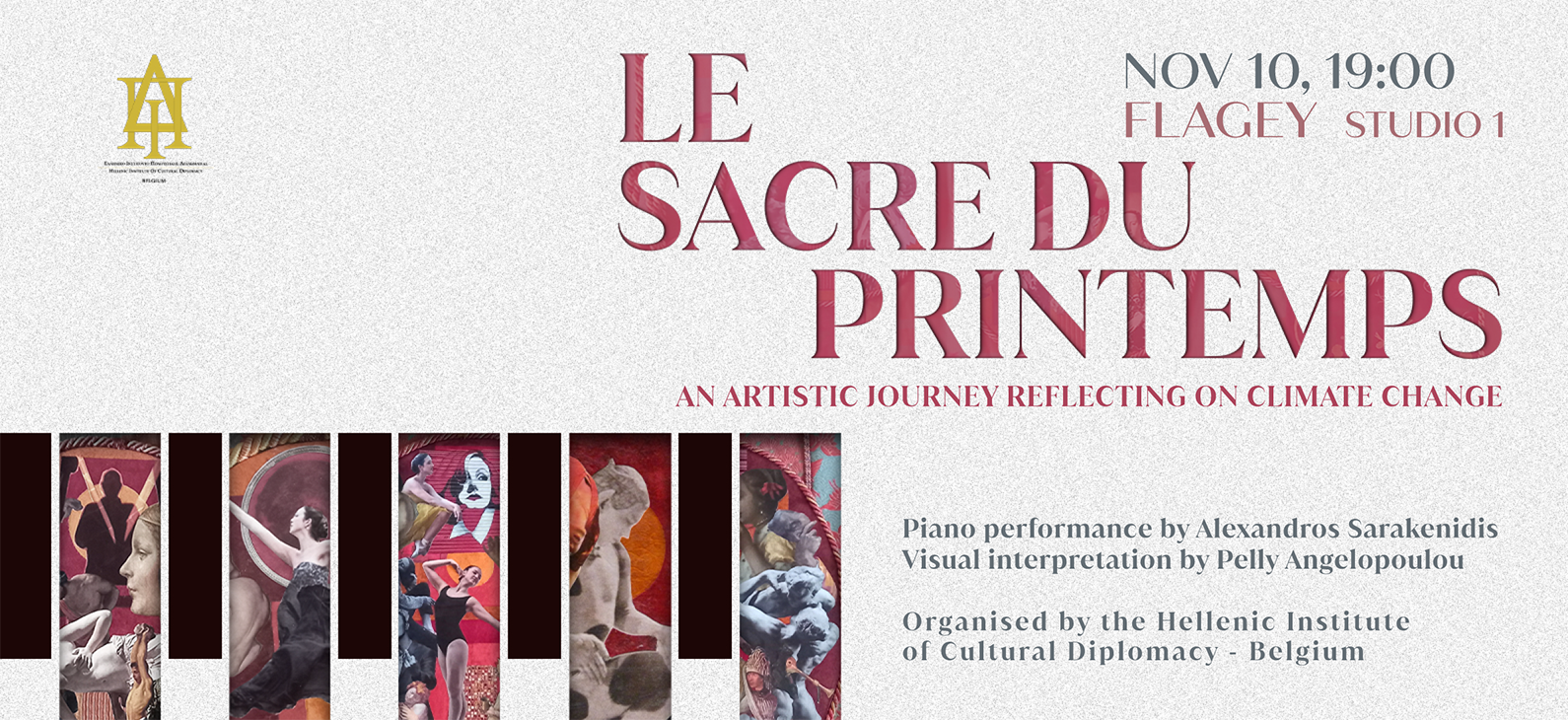
Theatre, as a way of presenting stories and teaching, has been around for centuries. We habitually associate it with a cultural outing after which to get a late-night dinner. It has been established as a pleasurable way to spend one’s time, not quite as frequently done (or better put, gone to) as before, but it remains an appreciated pastime by many. More than that, theatre is one among many mediums that cultural diplomacy disposes of. Cultural diplomacy, as a branch of public diplomacy, is concerned with bettering the understanding, and thus the relations, between nation-states, through the use of culture, as is evident from the name. This includes exchanges, tourism, literature, art, dance, music, and last but certainly not least, theatrical productions. At first sight not a deep subject, it makes one think about how can a theatre play foster relations between nation-states? In this article, we’ll address the topic through cultural identity and soft power.
Theatre plays are most of the time (with a few abstract exceptions) located in specific spatial and temporal contexts (De Carles, 2016). Each play carries the symbols, clothing, sounds, colours - the essence - of the time and place in which it is situated. The characters are acting under their country’s flag, so to say. Not in a literal sense, of course, and not all characters are perfect representations of their country, but these characters have been formed, sculpted, and painstakingly architected under certain (national) influences. The languages they use, the metaphors, euphemisms, idioms, their sayings... are all coloured with national flavour. To varying degrees, it ideally transports the audience from the hall to the place of action, be it in the next street over or across the continent. With every role, room, costume, the mise en scene may well reflect an aspect of national character. This portrayal of culture extends to national values and identity, which is moving us closer to theatre’s relation to cultural diplomacy. Be it Japanese kabuki, Greek tragedy, Italian Commedia dell’arte, or a Carnival, each play carries a projection of the image that the nation-state wants to portray. This does not only relate to State-funded theatres; by ‘nation-state’, in this context, I mean to say all those creating theatres in a given nation-state. They collectively contribute to the national identity which then becomes exported with exchanges, which will be mentioned again further.
In the same vein, since theatre contains this abundance of national-cultural values, it becomes a vessel, a ship to transport these values (Kelleher, 2009). Allow me to explain with an example – if one were to travel to an unknown country X, of which not a lot of knowledge exists and which doesn’t appear too much in international media, one would have a very limited understanding of where one was going, if at all. Then say, if the first thing one visited was a theatre play set in that country, one would gain a certain knowledge, if not understanding, of some of that country’s rituals, routines, and norms. Some would be more understandable than others, and yet still the image, the first impression of the country would be made via the theatre vessel.
A special mention of diffusing national values and culture goes to The 1st International Conference for the Theatre of the Hellenic Diaspora organized by the Faculty of Letters, Translation and Communication - Université Libre de Bruxelles (ULB), the Department of Theatre Studies of the National and Kapodistrian University of Athens (NKUA), the MA Program “Greek and World Theatre: Drama, Performance, Education” by National and Kapodistrian University of Athens (NKUA) and the Hellenic Institute of Cultural Diplomacy in Brussels, Belgium, in 2023. The conference was dedicated and highlighted the work of not one, not two, but eight Greek-speaking theatre groups performing in Brussels.
This process of image-making (Tehranian & Dissanayake, 1984), then, happens on a recurring basis in real life, where theatrical groups travel to perform, or welcome locals and foreigners alike in their domestic theatres. As knowledge breeds understanding, and understanding leads to solidarity if not cooperation, theatrical productions (and productions they are, with the layers of planning and meaning that go into creating them) then become agents of international relations by foresting that same cooperation. A central idea to the practice of cultural diplomacy is that it is this exchange of culture that creates a sort of collaboration and harmony among nation-states. Theatre, then is absolutely essential as medium of conveying culture and connecting people through play. The feeling one gets of having seen the same play (albeit perhaps with varying executions) as others, and having interpreted it, as and unlike others, creates a sense of unity and of shared experience, shared knowledge, shared “land”. It is this shared land that keeps us connected and improves our international wellbeing. Let’s take today, World Theatre Day, as an opportunity to recall its importance, and let’s continue going to theatre.
Tatjana Poznakova
Trainee HICDB
References:
- De Carles, N. R. (Ed.). (2016). Early modern diplomacy, theatre and soft power: The making of peace. Springer.
- Kelleher, J. (2009). Theatre and politics. Bloomsbury Publishing.
- Tehranian, M., Arno, A., & Dissanayake, W. (1984). Events, pseudo-events, media events: Image politics and the future of international diplomacy'. The News Media in National and International Conflict. Boulder, CO: Westview, 43-63.
- Tags:
- Articles
- Tatjana Poznakova


